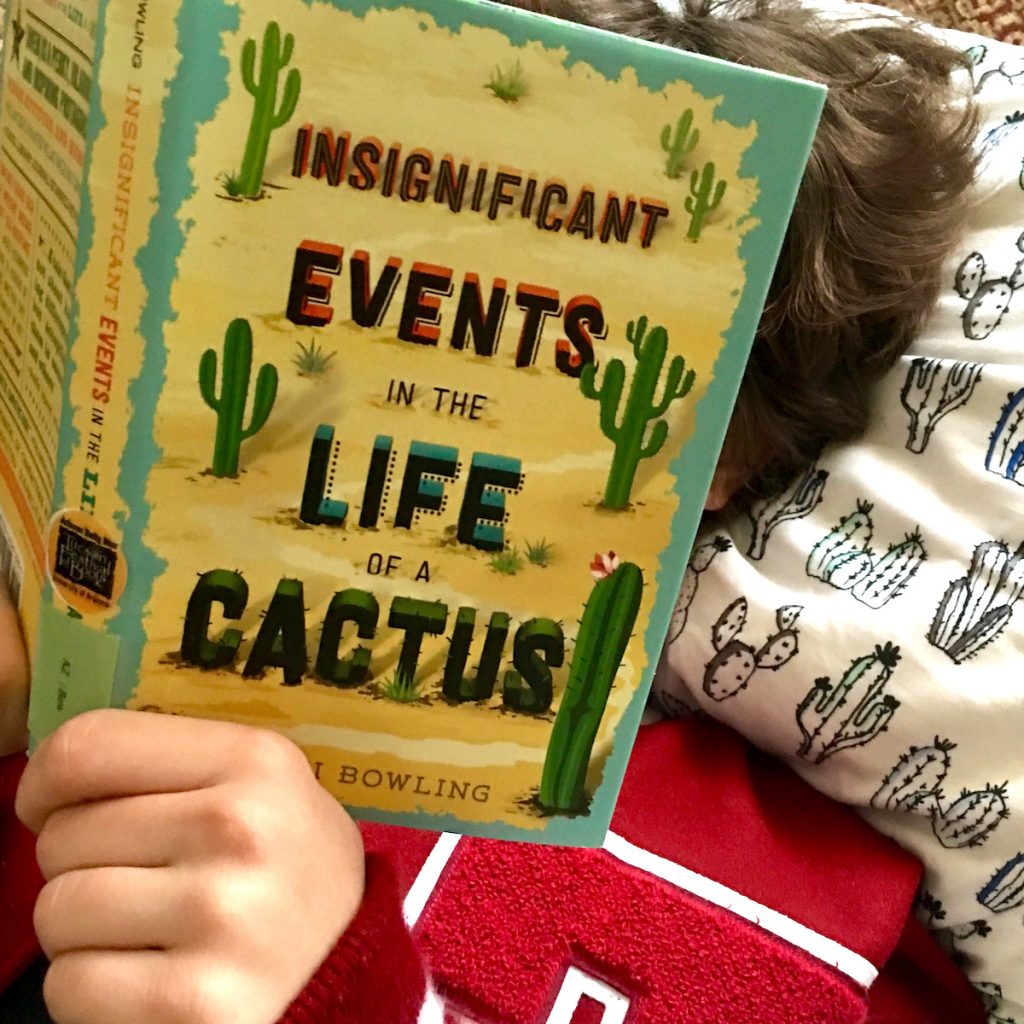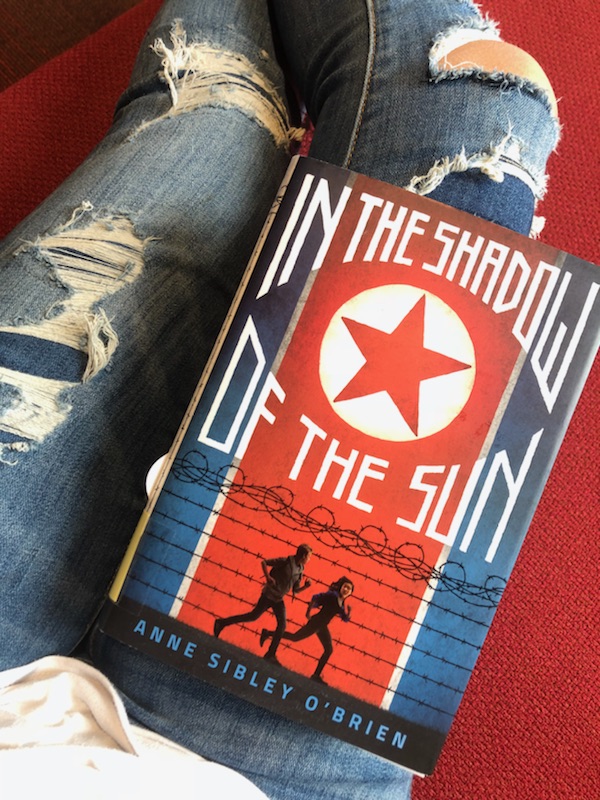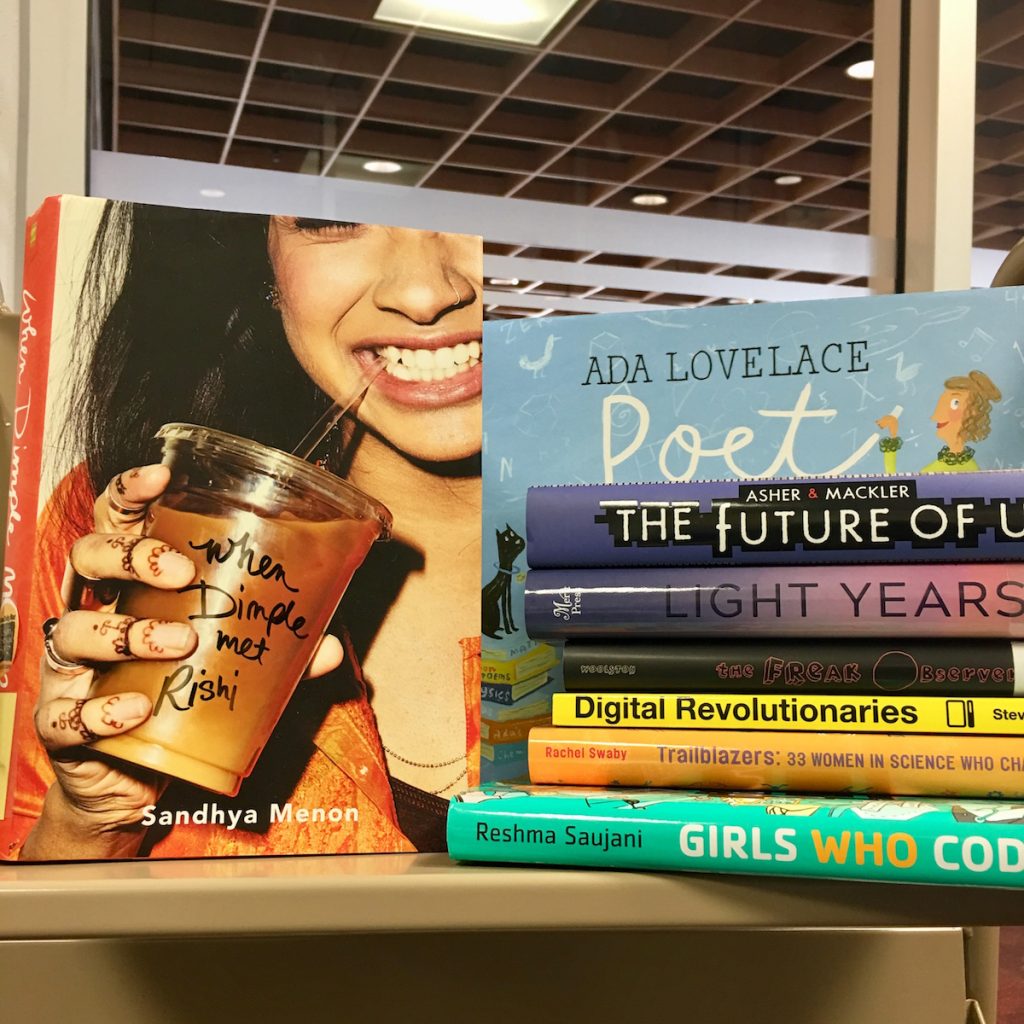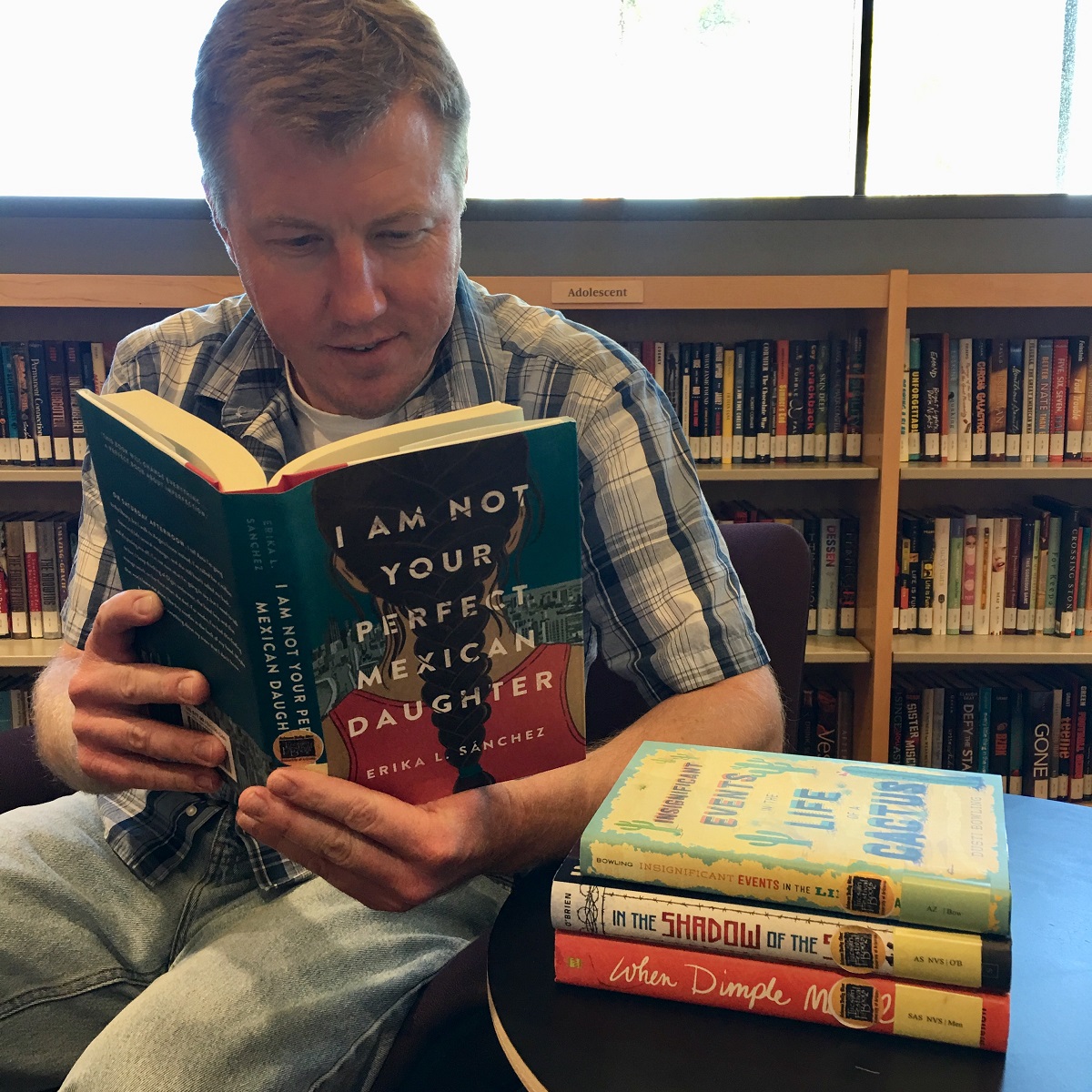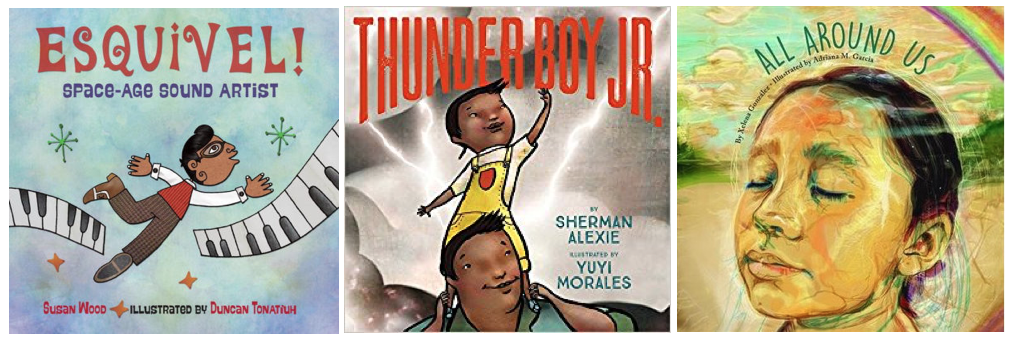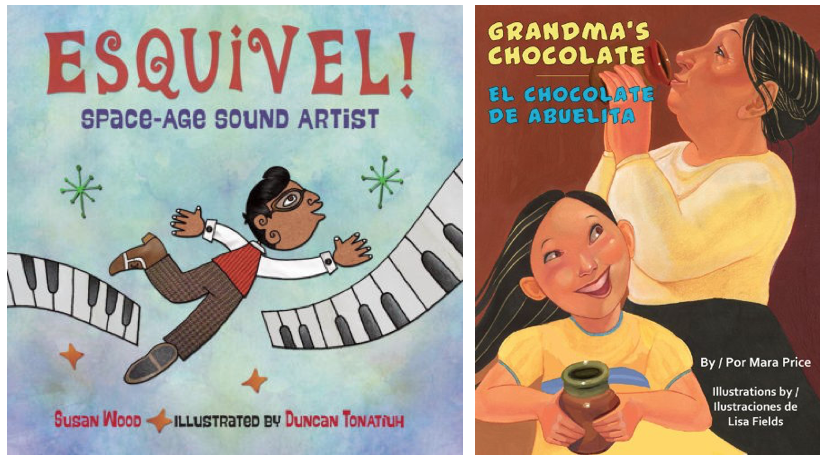By Elizabeth Burr, Kershaw County School District, Camden, SC, Julia López-Robertson, University of South Carolina, Columbia, SC, and Lisa Stockdale, Kershaw County School District
For the next month we, a university professor, a district ESL teacher and a classroom teacher taking a course on English Learner Assessment, invite you to join us as we think about and make connections to The Revolution of Evelyn Serrano by Sonia Manzano. The story is about a young Puerto Rican girl, Evelyn, coming of age in Spanish Harlem, NYC, in the summer of 1969. A part of our class is reading young adult novels and making connections to the theories we read about and to our life experiences. Some of the cultures represented in these books are familiar to us but the majority are new. The new ones provide the opportunity for us to learn about a new culture and adapt it to the children in our classrooms. This first week, we present Elizabeth [Betsy] Burr’s, thoughts and connections to Evelyn Serrano. Then, we provide a mini-text set for your consideration. We welcome your responses and connections to our post!
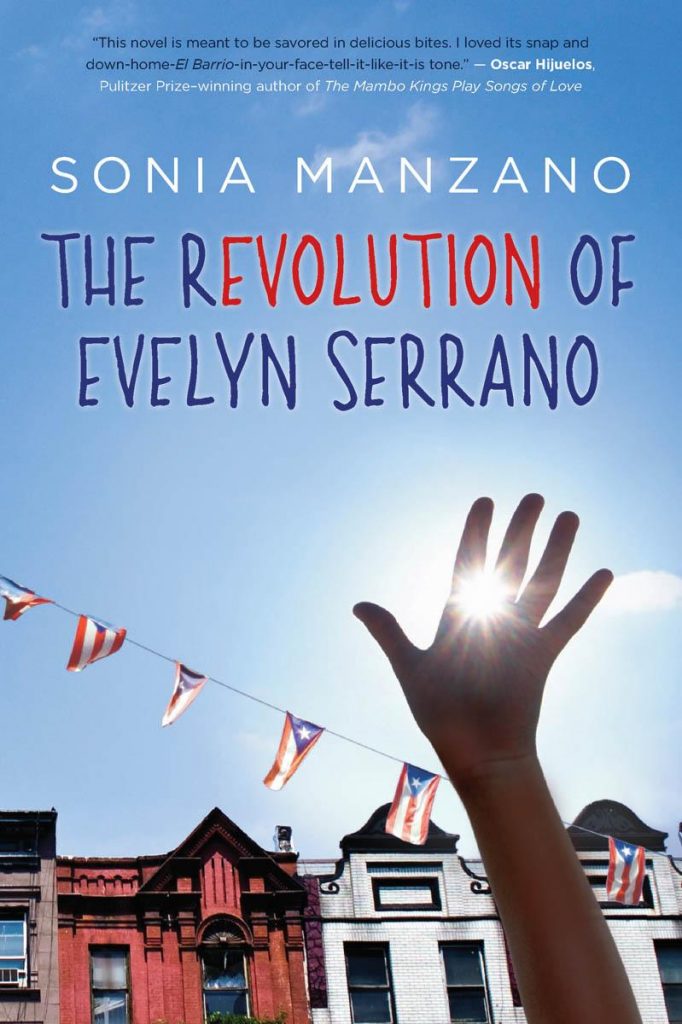 Continue reading →
Continue reading →



